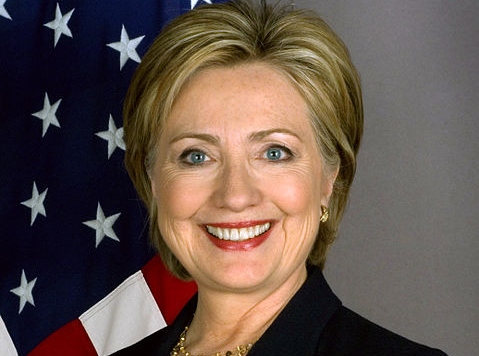By Tahlia Terhune, Guest Columnist
“Suicide bombings,” “air strikes,” “cease fire treaties” and “mortality rates” are a small selection of the many depressing terms you’ll hear in conversation regarding the Israeli-Palestinian never-ending conflict.
Terms you may have heard that I am particularly against are Pro-Israel and Pro-Palestine used by individuals who do not have any grounding to support their positioning.
This conflict that is rooted deep into history both religiously and geographically is a complex issue that many involved may not even see holistically. Younger generations have been raised to hate either side with no foundational reasoning.
A novel could be written to explain exactly where the conflict lies between Israel and Palestine, but to sum it up:
During the Holocaust, incentives to band together heightened as Jews were beginning to flock back into Jerusalem, desperately fleeing Nazi persecution during World War II.
Under the leadership of David Ben-Gurion in 1948, the Jewish Community in Israel reinstated sovereignty over their homeland. Israel’s Declaration of Independence of the newly found modern State of Israel was announced the day British forces retreated from Israel on May 14, 1984 according to http://science.co.il/Israel-history.php.
Palestinians were then removed from the land they had called home for many years. A majority of the conflict involves land and who is entitled to it.
While most of us are not in a position to take a side, that does not mean we should give up on being knowledgeable on worldly conflict. It is our responsibility in the world of academia to remain curious.
By free will we can surely have opinions, but that’s not my point. If you truly value peace and desire a resolution between the two states, it’s critical that we stop counting who’s right and who’s wrong. We need to take down the tally board we’ve been keeping to see who’s worse or who’s better.
It’s important to have an understanding of what is going on in the world. You’ll gain perspective and will constantly be challenging your views if you critically think about problems and solutions in the world we live in.
Headlines are constantly flooding the news with recent bombings injuring civilians. We need to be refocusing our attention on problem solving or creating feasible solutions.
The entire language surrounding this conflict must be altered to create a constructive environment in which leaders, peacemakers and mediators can begin to facilitate a dialogue to regain peace.
Qasim Rashid, a lawyer and best-selling author of “Extremist,” wrote in an article published by Huffington Post, “Arab blood and Jewish blood are human blood — and all blood is equal.”
This is what we must focus on, that all blood is human blood and it’s equally valued. Comparing death toll numbers is a morbid way to identify who is the enemy in this war. If we value peace we must value human life, which would lead us to believe all blood shed is valuable life lost.
I want to make it very clear I’m not saying that there has not been war crimes committed and there is surely evil on both sides.
However, for the sake of moving forward and creating solutions we must stop framing this as who is right and who is wrong.
Tim Mayfield, a writer for the Australian Broadcast Corporation wrote, “In the face of the intensifying tragedy in Gaza, Australia must be a voice in favour of moderation and constraint in this conflict, not a cheerleader for one side.”
Many countries (not excluding the U.S.) favor a side and surely there are news sources skewed by these biases.
It’s refreshing to see individuals acknowledging that peace will not be reached if we can’t maintain civil dialogue to find a solution.
“I haven’t been paying too much attention to the Israeli Palestinian conflict,” junior Sara Suznevich said. “But I think countries should remain as un-biased as possible for the sake of progress.”
We’ve muddled in the conflict for too long as biased individuals and nations. Let’s work together to reframe the dialogue and broaden our perspectives of conflict both locally and globally.




















